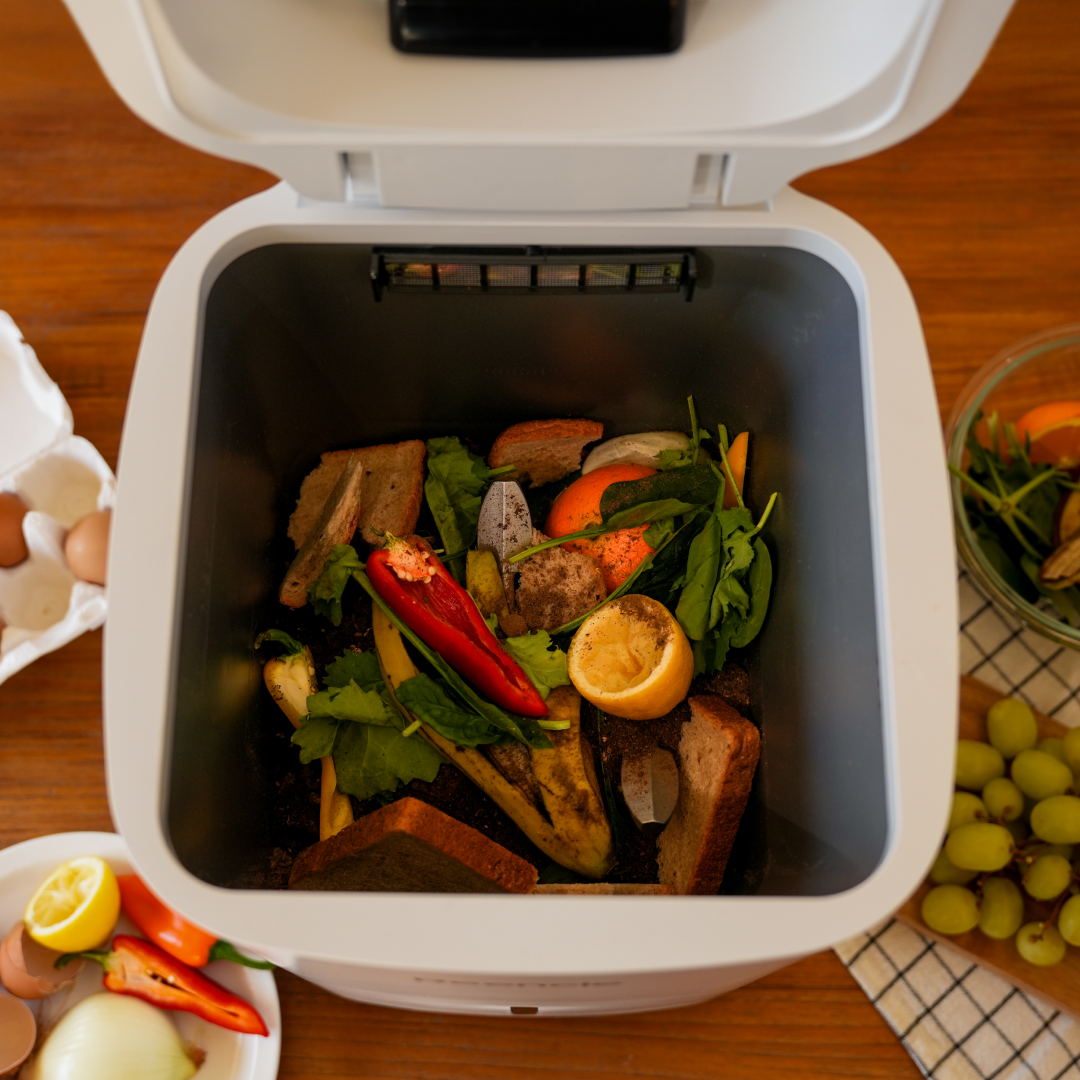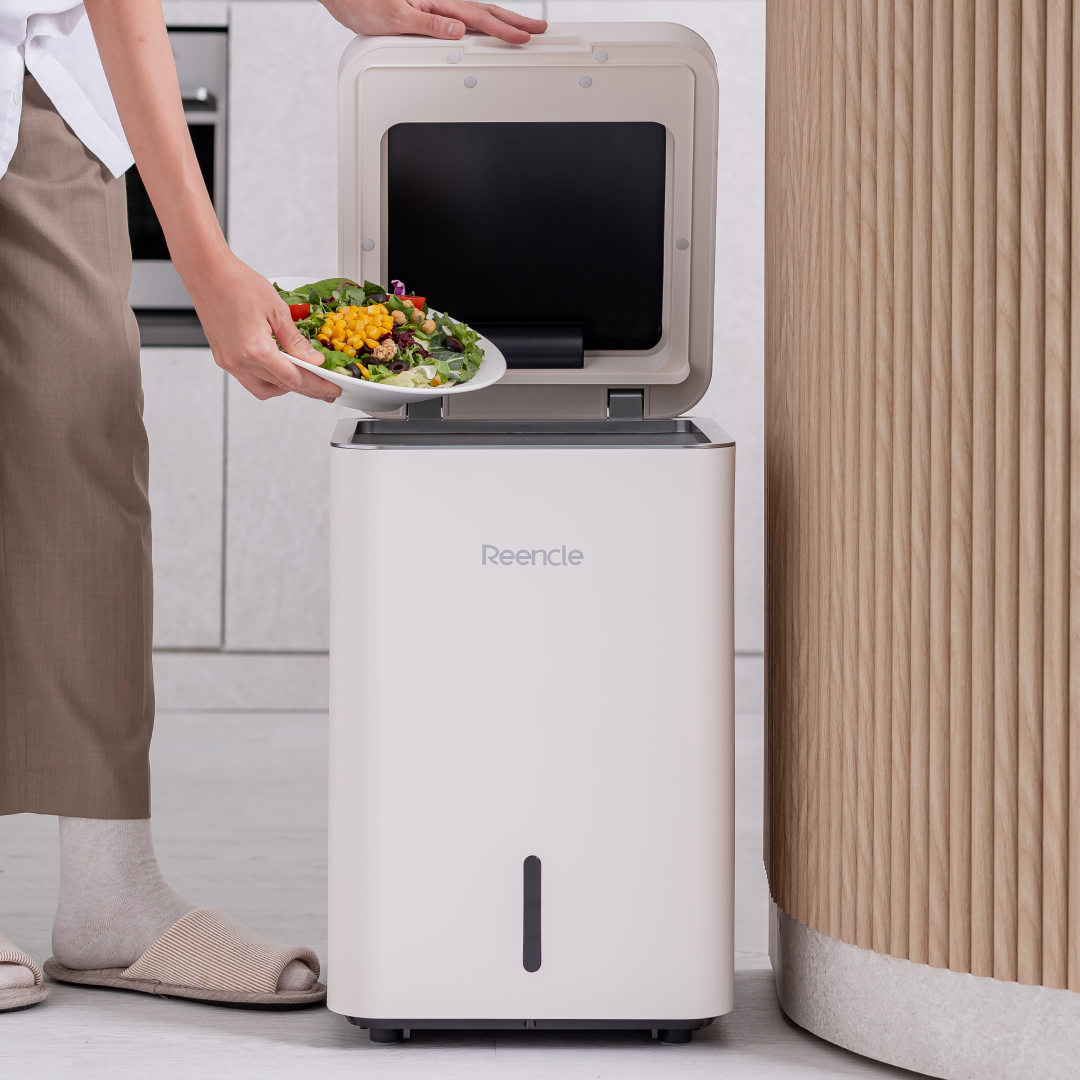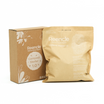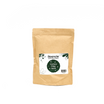Improving Alkaline Soil:
A Simple Guide


Soil alkalinity can be a major hurdle for gardeners and farmers alike. When soil becomes too alkaline, it affects the availability of essential nutrients, hindering plant growth and health. Understanding why soil becomes alkaline is the first step toward managing and improving it. Alkaline soil often results from an imbalance of nutrients and moisture, excessive use of certain types of compost and fertilizers, or the natural composition of the soil itself. By identifying the causes and implementing effective solutions, you can ensure your plants receive the nutrients they need to thrive.

Why does our partnership matters
For every purchase, we plant 1 TREE to nurture our planet 🌲Together, we are sowing the seeds of change and cultivating a greener, more sustainable world.
Anything else?
Anything else?You willl also receive an official certificate from Greenspark as a token of appreciation for your commitment to the environment! 📜
How do we see the progress?
How do we see the progress?Join us on this remarkable journey towards an impact dashboard.You can see how your eco-smart choice made the world a better place
 View more
View more
Your support empowers reforestation, fights climate change,
and paves the way for a brighter, eco-friendly future.
Join us on this remarkable journey towards a cleaner,healthier planet.
Shop with a purpose, shop with Reencle! 🛒💚

Why does our partnership matters
For every purchase, we plant 1 TREE to nurture our planet 🌲Together, we are sowing the seeds of change and cultivating a greener, more sustainable world.
Anything else?
Anything else?You willl also receive an official certificate from Greenspark as a token of appreciation for your commitment to the environment! 📜
How do we see the progress?
How do we see the progress?Join us on this remarkable journey towards an impact dashboard.You can see how your eco-smart choice made the world a better place
 View more
View more
Your support empowers reforestation, fights climate change,
and paves the way for a brighter, eco-friendly future.
Join us on this remarkable journey towards a cleaner,healthier planet.
Shop with a purpose, shop with Reencle! 🛒💚
1. Why Does Soil Become Alkaline?

1. Too Much Compost:
Using too much compost made from animal manure can add too many nutrients to the soil, making it alkaline. Soil particles are usually negatively charged, while moisture and nutrients are positively charged and stick to these particles. When there are too many nutrients like calcium, potassium, and magnesium, and not enough moisture, the soil becomes alkaline.
2. Limestone and Lime Fertilizers: Soils in limestone areas naturally have a lot of calcium, making them alkaline. Farmers have long struggled to grow crops in these areas. Using lime fertilizers to prevent soil from becoming too acidic can also make the soil more alkaline..
1. Why Does Soil Become Alkaline?

1. Too Much Compost: Using too much compost made from animal manure can add too many nutrients to the soil, making it alkaline. Soil particles are usually negatively charged, while moisture and nutrients are positively charged and stick to these particles. When there are too many nutrients like calcium, potassium, and magnesium, and not enough moisture, the soil becomes alkaline.
2. Limestone and Lime Fertilizers: Soils in limestone areas naturally have a lot of calcium, making them alkaline. Farmers have long struggled to grow crops in these areas. Using lime fertilizers to prevent soil from becoming too acidic can also make the soil more alkaline..
2. Problems with Alkaline Soil
Nutrient Imbalance: Alkaline soil makes it hard for plants to get the nutrients they need. This can stop roots from growing properly and cause leaves to turn yellow and die. Essential nutrients like iron, manganese, zinc, and copper become less available, leading to deficiencies. Plants may not grow well and can get sick
3. How to Improve Alkaline Soil
Change How You Use Fertilizers
- Use fertilizers with ammonium sulfate to add nitrogen.
- Add calcium phosphate to increase phosphorus levels.
- Use potassium chloride and potassium sulfate to help neutralize the alkaline soil.
Fix Iron Deficiency
- Iron deficiency shows up as yellowing in new shoots and young leaves while older leaves stay green.
- To fix this, spray a 0.02% solution of soluble iron chloride (FeCl₃) on the leaves or soil.
Plant Cover Crops
- Cover crops like wheat, oats, barley, and beans are great natural fertilizers.
- These crops have deep roots that help mix the soil layers and make the soil softer.
- Beans also add nitrogen to the soil, helping to keep the pH balanced and preventing too much salt from building up.
4. Conclusion

By using these simple methods, you can effectively improve alkaline soil, making it more suitable for plant growth. This will help you create a healthier and more productive garden. Understanding and addressing the causes of soil alkalinity ensures your plants get the nutrients they need to thrive. With a little effort and the right techniques, you can transform your alkaline soil into a fertile ground for your garden.
2. Problems with Alkaline Soil

Nutrient Imbalance: Alkaline soil makes it hard for plants to get the nutrients they need. This can stop roots from growing properly and cause leaves to turn yellow and die. Essential nutrients like iron, manganese, zinc, and copper become less available, leading to deficiencies. Plants may not grow well and can get sick
3. How to Improve Alkaline Soil
Change How You Use Fertilizers
- Use fertilizers with ammonium sulfate to add nitrogen.
- Add calcium phosphate to increase phosphorus levels.
- Use potassium chloride and potassium sulfate to help neutralize the alkaline soil.
Fix Iron Deficiency
- Iron deficiency shows up as yellowing in new shoots and young leaves while older leaves stay green.
- To fix this, spray a 0.02% solution of soluble iron chloride (FeCl₃) on the leaves or soil.
Plant Cover Crops
- Cover crops like wheat, oats, barley, and beans are great natural fertilizers.
- These crops have deep roots that help mix the soil layers and make the soil softer.
- Beans also add nitrogen to the soil, helping to keep the pH balanced and preventing too much salt from building up.
4. Conclusion
By using these simple methods, you can effectively improve alkaline soil, making it more suitable for plant growth.
This will help you create a healthier and more productive garden. Understanding and addressing the causes of soil alkalinity ensures your plants get the nutrients they need to thrive.
With a little effort and the right techniques, you can transform your alkaline soil into a fertile ground for your garden











